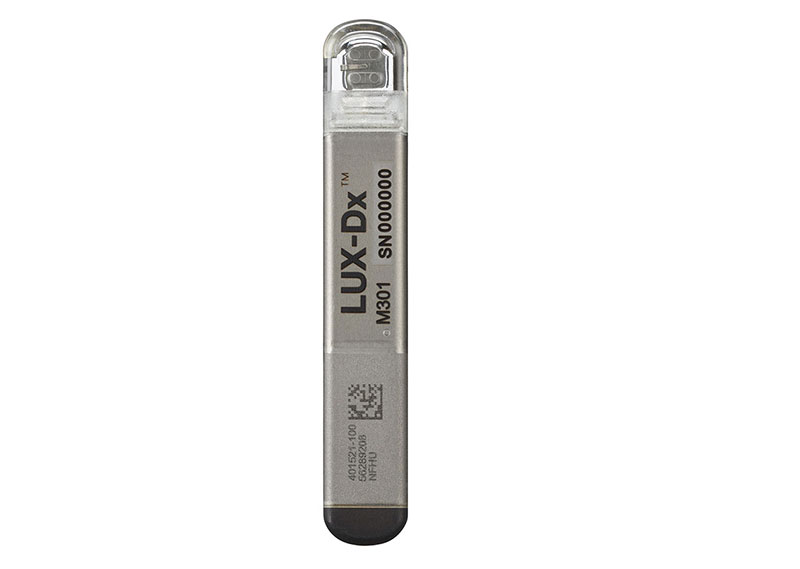Boston Scientific has received FDA 510(k) clearance for its LUX-Dx Insertable Cardiac Monitor (ICM) System, a new, long-term implantable diagnostic device to detect arrhythmias associated with conditions such as atrial fibrillation (AF), cryptogenic stroke and syncope.
Read more Fitbit Launches Large-Scale Study To See If Its Wearables Can Detect Atrial Fibrillation
The new LUX-Dx ICM System is designed with a dual-stage algorithm that detects and then verifies potential arrhythmias before an alert is sent to clinicians, thereby providing actionable data for clinical decision-making. Further, the remote programming capabilities of the device via the LATITUDE Clarity™ Data Management System website allow physicians and care teams to adjust event detection settings without requiring an in-person patient appointment, a feature unavailable on any other ICM currently on the market, says a press release.
“For physicians, receiving accurate monitoring data and having remote access to programming provides the opportunity to operate with more efficiency and confidence,” said Kenneth Stein, M.D., senior vice president and chief medical officer, Rhythm Management and Global Health Policy, Boston Scientific. “The LUX-Dx ICM System is designed to provide physicians the ability to accelerate critical clinical decisions and allow them to spend more time focusing on patient outcomes by reviewing monitoring data and catching false positive detections without compromising sensitivity.”

The dual-stage algorithm within the LUX-Dx ICM System can be programmed to identify AF, atrial flutter, rhythm pause, bradycardia and tachycardia episodes and allows the device to detect arrhythmias each time established thresholds or parameters are exceeded. An additional level of verification filters is then applied, which was developed to catch false positive detections before an alert is sent. Additionally, after implant, patients are provided with a mobile device preloaded with the MyLUX™ app which connects via Bluetooth® to their ICM device. The app transmits device data daily, or as needed, to the LATITUDE Clarity Data Management System giving physicians and care teams timely access to vital information.
“The LUX-Dx ICM System represents a significant step forward in developing the diagnostic portfolio for Boston Scientific,” said Scott Olson, senior vice president and president, Rhythm Management, Boston Scientific. “The addition of this new offering, alongside existing products and services, affirms our commitment to providing meaningful innovations for the detection and treatment of patients with cardiac arrhythmias.”
Read more Apple Heart Study Shows Wearable Technology Can Help Detect Atrial Fibrillation
The company will immediately begin a limited market release of the LUX-Dx ICM System in the U.S. with full launch of the product commencing later this year.












